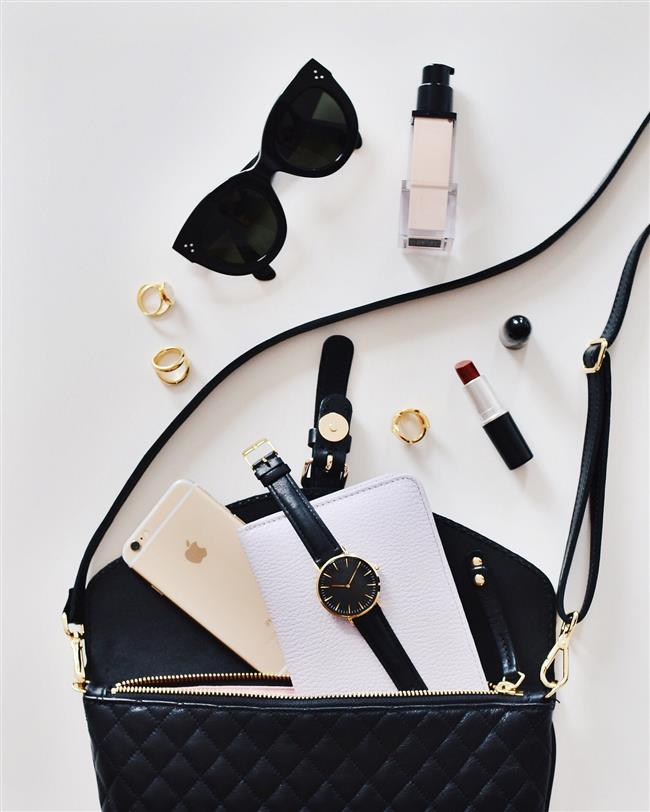Luxury spending defies global economic volatility

Spending on luxury goods on the Chinese mainland and in Hong Kong remains strong against a backdrop of global economic uncertainty, with 94 percent of consumers planning to spend more or maintain current levels, a new survey has found.
Only 6 percent expect to trim their luxury spending over the next 12 months, the online survey by public relations firm Ruder Finn and Hong Kong-headquartered research consultancy Consumer Search Group says.
And shopping is the most important factor in choosing where to travel overseas.
The survey of 1,385 consumers with a household income of 841,489 yuan (US$144,455) on the mainland and 1.4 million yuan in Hong Kong. found more than half of mainland consumers are likely to spend more on luxury electronics, beauty and cosmetic products, and clothing.
But mainland shoppers are now buying luxury items largely for taste and lifestyle, a shift from the "show-off-to-the-outsider" attitude seen in previous studies.
"Against the backdrop of this market volatility, companies must fully tap the wide variety of consumer market opportunities in order to successfully engage with the changing face of the Chinese luxury consumer," said Gao Min, Ruder Finn Asia senior vice president and general manager for luxury practice in China.
Total spending on luxury goods in the past year was on average higher among millennials aged between 26 and 35 in both Hong Kong and the mainland.
And the massive spending power of Generation Z ion the mainland reaffirms the fact that China luxury consumers are much younger compared to their international counterparts.
Chinese consumers are most likely to spend more on luxury electronics and beauty and cosmetics and the categories that attract the most spending in the past year include luxury clothing and jewellery.
Although consumers nowadays tend to receive product and brand information from a wide range of media channels, traditional media such as TV and print advertising still remain the top factors in purchasing decisions for Chinese mainland shoppers.
Millennials between 26 and 35 are the most willing to shop online, with over 70 percent Chinese mainland respondents saying they would be willing to buy luxury items online, except for cars.
The percentage of Chinese shoppers buying luxury items online has picked up from 80 percent in the 2016 survey to 84 percent last year.















